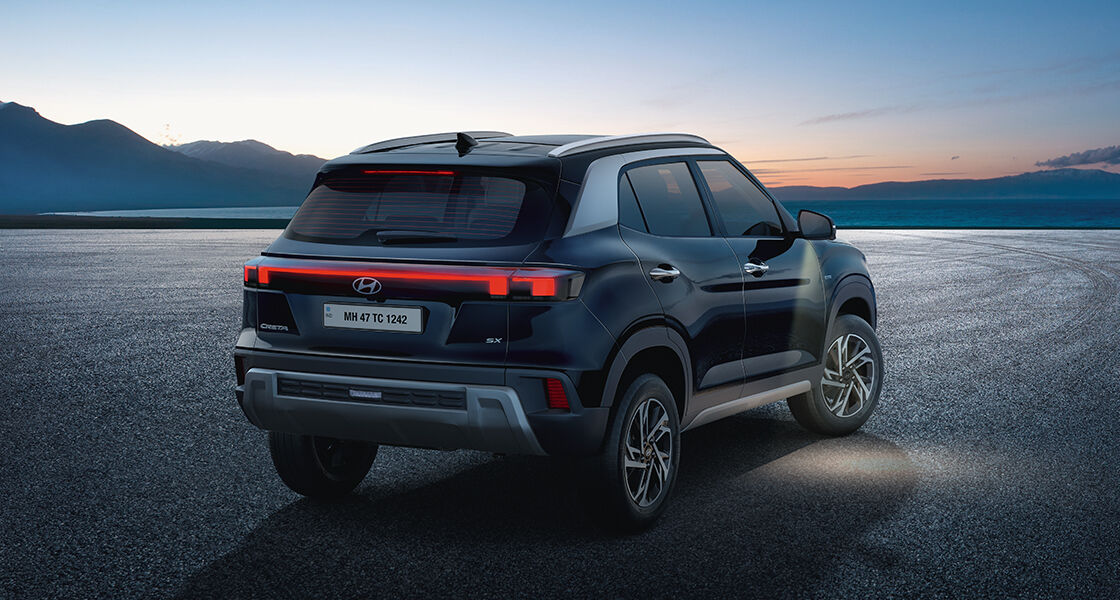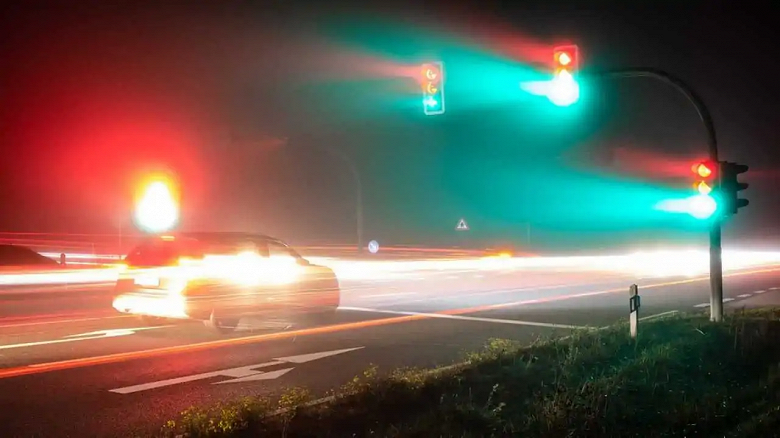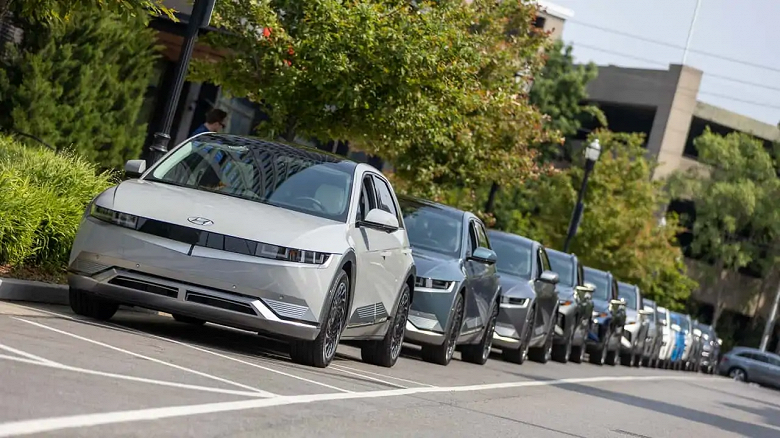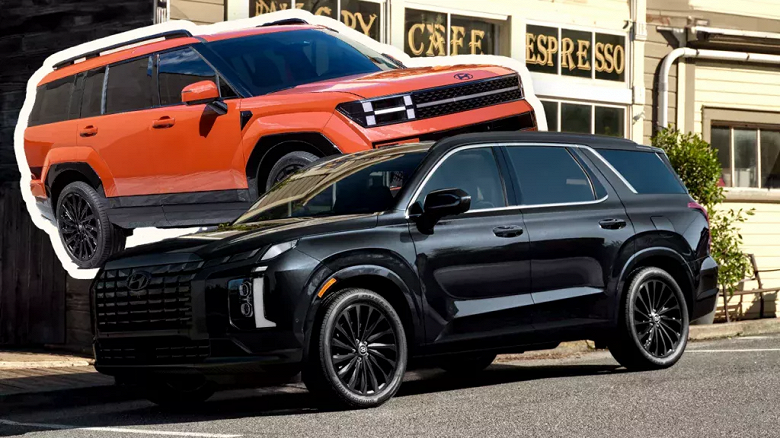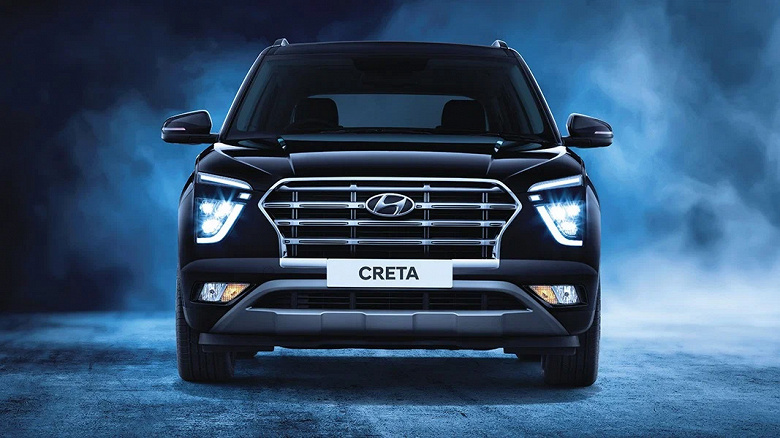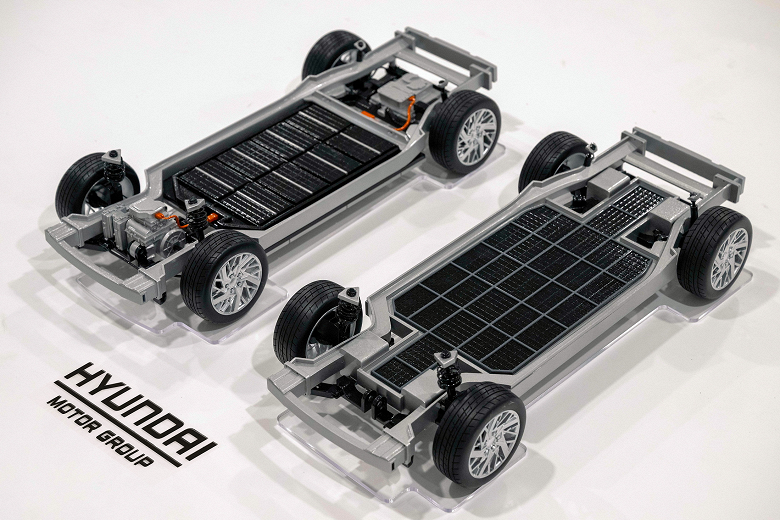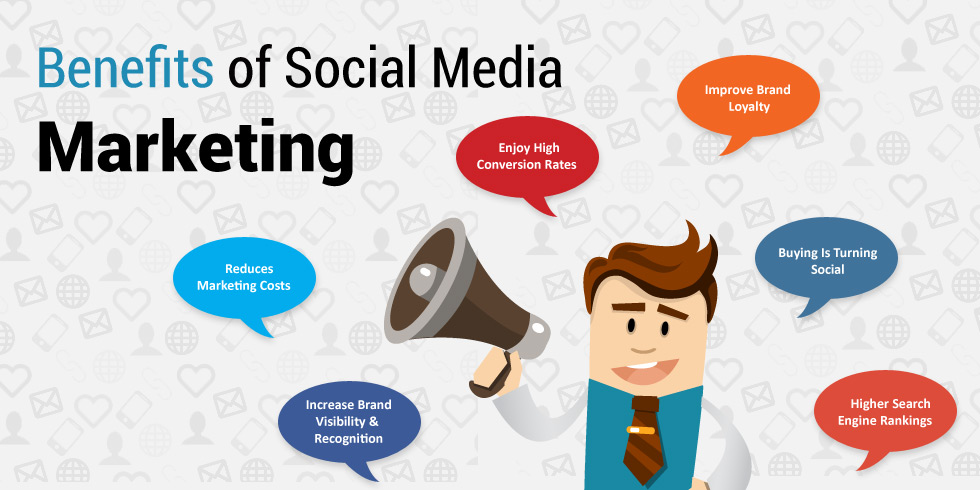Hyundai takes almost three quarters of the global hydrogen cell electric vehicle market
The hydrogen fuel cell Mirai is a generational electric vehicle this year, making Toyota Motor one of the few radical advocates of this type of transport. It is all the more interesting to find out that this year Hyundai Motor has come out on top in terms of the number of hydrogen cars sold.

